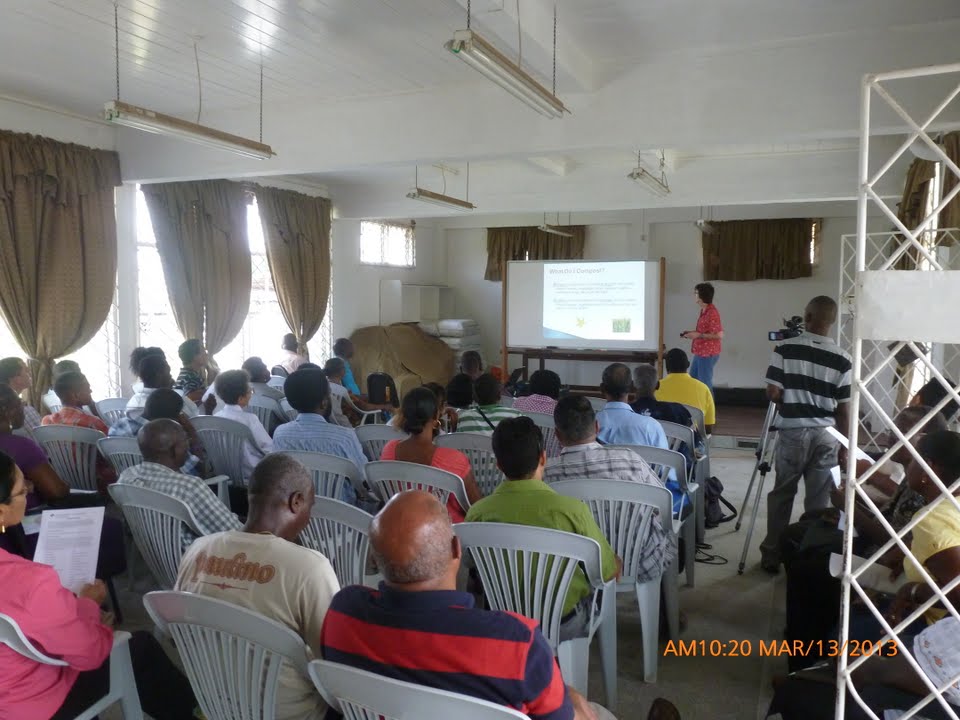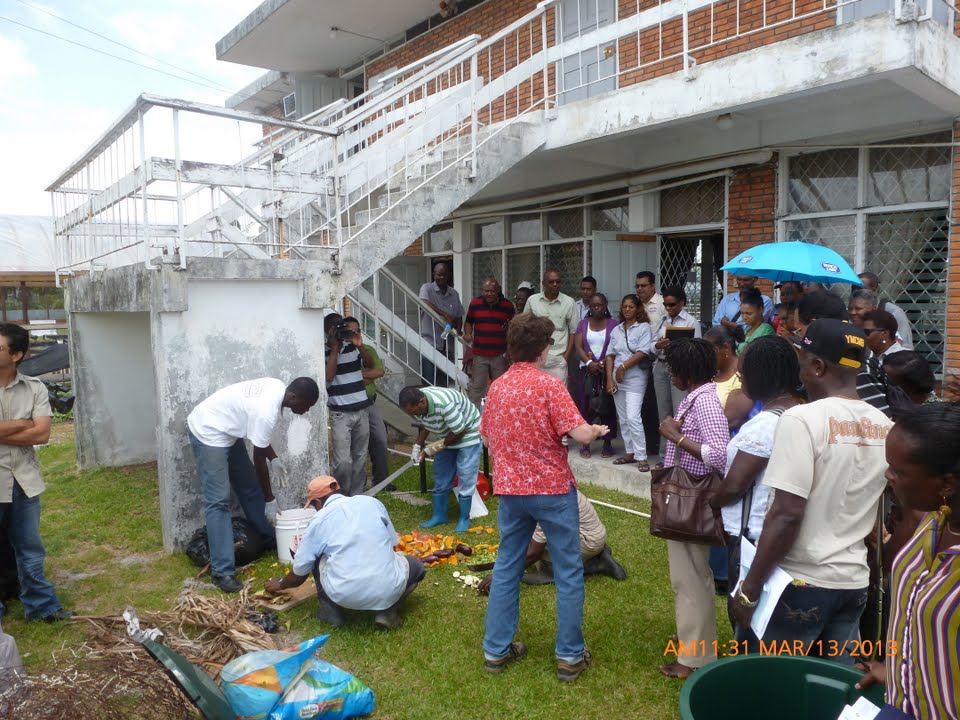Composting & Vermicomposting Development project
Sherman, Rhonda L
Description:Vermicomposting is a process that relies on earthworms and microorganisms to help stabilize active organic materials and convert them to a valuable soil amendment and source of plant nutrients. Earthworms will consume most organic materials, including food preparation residuals and leftovers, scrap paper, animal manure, agricultural crop residues, organic byproducts from industries, and yard trimmings. Up to 75 percent of what is discarded by North Carolina’s communities and businesses are organic materials. Instead of disposing of food scraps, yard wastes, and other organics, the materials can be vermicomposted. This method of recycling converts organic materials that have traditionally been viewed as waste into a valuable soil amendment for plants and crops. When vermicompost is added to soil, it boosts the nutrients available to plants and enhances soil structure and drainage. Vermicompost has also been shown to increase plant growth and suppress plant disease and insect pest attacks.
Composting is the controlled biological decomposition of organic material through the generation of heat by microorganisms. The stabilized organic material, called 'compost,' looks and smells like soil. Compost can improve the chemical, physical, and biological characteristics of soils or growing media. Although compost contains plant nutrients it is typically not classified as a fertilizer. Organic materials (food scraps, leaves, grass clippings, and other yard trimmings) are 25% of the municipal solid waste produced in the U.S. Of this amount, 97.8% of food scraps and 38% of yard trimmings end up in landfills and incinerators. If they were composted instead, it would reduce greenhouse gases by preventing methane generation in landfills, extend landfill life, and produce products with nutrient-rich humus and organic matter that can restore depleted soils.
Region(s)/Country(s): Guyana
Dates:
03/02/2013 - 03/16/2013
Funding Agency(s)/Sponsor(s):
Partners of the Americas
Faculty Profile Login


